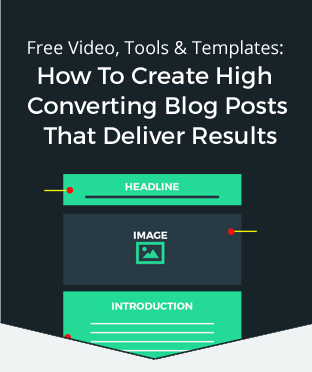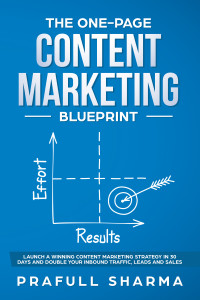Transparency in B2B Social Media Marketing: New FTC Endorsement Guides
It isn’t news that B2B marketing can benefit greatly from a strong social media presence. Aside from connecting with customers and engaging with potential buyers, a social platform opens up new doors for opportunity and authority in the B2B industry. No matter if it is in the form of a blog post, Twitter post, or YouTube video, social media has expanded the way in which B2B marketers are able to advertise and endorse their business.
Salespeople are now presented with a new set of responsibilities as buyers comb through information before they connect with an actual person. Ever-evolving technology means B2B professionals must stay relevant and develop their expertise in order to say on top of the game. In its 2014 State of B2B Procurement study, Acquity Group looked at business buyers’ purchasing habits and found that 94% perform some type of online research before making a purchase. According to the report, over 40% read user reviews. There is a reason Yelp, TripAdvisor, and other review sites are so popular; consumers want to know what is hot and what is not.
Whether a purchase involves a consumer or a business transaction, almost everyone at some time has come across, and maybe even put stock into, consumer reviews. Videos, endorsements, and social media “likes” can involve a wide range of reviewers, from celebrities to athletes to the average user. Bloggers often receive compensation for product write-ups and B2B marketers include customer testimonials when writing case studies. But can all of those statements be trusted?
The Federal Trade Commission wants to make sure they can be, especially when it comes to social media. The FTC recently updated its Endorsement Guides and its impact is important to B2B social media marketing campaigns.
B2B Social Media and Marketing Promotions
As stated on the FTC website, the Guides “reflect the basis truth-in-advertising principle that endorsements must be honest and not misleading”. These new Endorsement Guides:
- Apply to social media
- Require that an endorsement must be a reflection of the honest opinion of the endorser. In other words, the marketer must also be able to legally make the claim.
- Say that if there is a connection between an endorser and the marketer that effects the evaluation, the connection should be made known.
With 77% of B2B marketers surveyed using case studies, 80% utilizing blogs, and 92% engaging with social media content, content marketers need to pay attention. While providing free products or discounted services in exchange for participating in a case study sounds like an effective marketing tactic, the FTC says that an individual may be more willing to offer a positive comment if they are offered an incentive.
So what is a B2B marketer to do in light of these updated FTC Endorsement Guides?
- Practice transparency.
- Provide proof to back up claims that may not be typical for all customers.
- Disclose all connections an endorser may have as a family member or employee.
- Use clear language in order to make disclosures stand out.
In short, if a blogger mentions your B2B company in a post, but receives nothing for the review nor receives a commission, no action needs to be taken. One of the most important things to remember is that the audience (aka readers) needs to be clear on the relationship between the customer and your B2B company. If an individual on Facebook gives your business 5 stars, any incentive for that positive review has to be noted.
Read more about the guidelines by visiting the Federal Trade Commission’s website.
Do you regularly use customer testimonials in your case studies or on social media? How will the new Endorsement Guides impact your content marketing strategies?
Share This Story
Get the latest growth ideas, strategies, and best practices delivered to your inbox.
Quick read that helps 7000+ subscribers.








